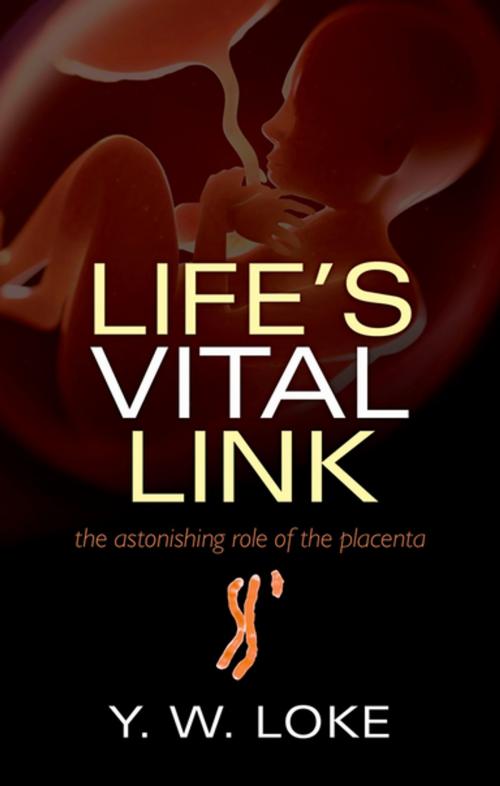Life's Vital Link
The astonishing role of the placenta
Nonfiction, Science & Nature, Science, Biological Sciences, Health & Well Being, Medical| Author: | Y. W. Loke | ISBN: | 9780191653124 |
| Publisher: | OUP Oxford | Publication: | May 23, 2013 |
| Imprint: | OUP Oxford | Language: | English |
| Author: | Y. W. Loke |
| ISBN: | 9780191653124 |
| Publisher: | OUP Oxford |
| Publication: | May 23, 2013 |
| Imprint: | OUP Oxford |
| Language: | English |
The development of the placenta was a pivotal event in evolution. Without it, we would still be laying eggs instead of giving birth to live offspring. It represents the critical link between the foetus and the mother, but its character is extraordinary — it is, in effect, a foreign tissue that invades the mother's body. Compared to many other animals, the human placenta represents a particularly aggressive body. But how is it managed and controlled? How did such an organ evolve in the first place? And why is it tolerated by the mother? Y.W. Loke explores the nature of the placenta and what it can tell us about evolution, development, and genetics.
The development of the placenta was a pivotal event in evolution. Without it, we would still be laying eggs instead of giving birth to live offspring. It represents the critical link between the foetus and the mother, but its character is extraordinary — it is, in effect, a foreign tissue that invades the mother's body. Compared to many other animals, the human placenta represents a particularly aggressive body. But how is it managed and controlled? How did such an organ evolve in the first place? And why is it tolerated by the mother? Y.W. Loke explores the nature of the placenta and what it can tell us about evolution, development, and genetics.















